Warlocks are the Fausts of the Dungeons & Dragons multiverse, as they all enter binding contracts with powerful creatures in exchange for power. Hopefully, your D&D Warlock won’t be tied to as dark a fate as Faust, especially if you have an interesting concept and choose your abilities wisely.
In D&D, Wizards rely on study to master their magic, while Sorcerers have arcane energy flowing through their veins. Meanwhile, the Warlock is a dirty cheater, as they rely on an all-powerful entity to give them their power, as they made a contract writ in blood in exchange for the ability to use magic. The three pacts available in the Player’s Handbook include The Fiend (demons, devils, and other denizens of hell), The Great Old One (Cthulhu and other unknowable beings from the Far Realm), or the Archfey (faeries with the power to rival gods), so pick your poison, get your pen out, and prepare to become a magical contractor.
Related: How to play D&D Online – Resources, VTTs, & Setup
The D&D Warlock, Everything You Need to Know
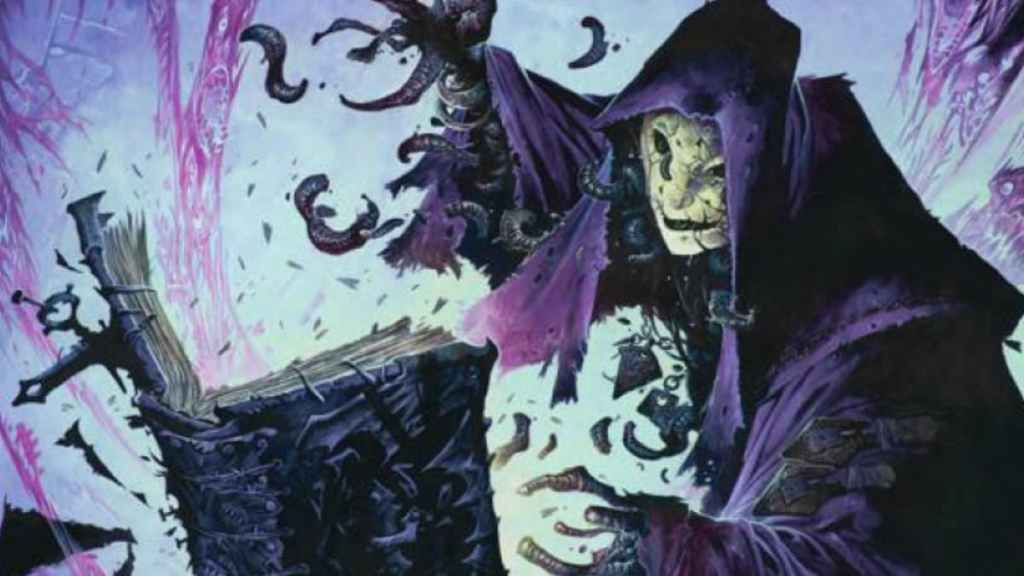
Of the three arcane spellcaster classes in D&D 5E, Warlocks have the fewest spells available to them in terms of slots and spells known. They make up for this by being able to restore spells on a short rest, having access to the best Cantrip in the game, and receiving lots of class abilities that tie into their theme of wielding the powers of the dark side. It also bears mentioning that Warlocks have Light Armor Proficiency, allowing them to wear stronger armor than the other arcane spellcasters and lessening the need for a high Dexterity score.
Regarding character concepts for your Warlock, you have a lot more leeway than Wizards and Sorcerers. A Warlock is just anyone who made a deal with a powerful entity in exchange for magic, and there are countless reasons why someone would make such a deal. Maybe your character is out for revenge? Maybe they have to save someone they love who has been kidnapped? Maybe they had their life saved by their patron and became indebted to them? Maybe they flunked Mage school and want to show their bullies just how powerful they can become? These are all fine reasons for the character to sign their name on the dotted line and seal their fate.
The Importance of Using (or Ignoring) the D&D Warlock’s Patron in a Campaign
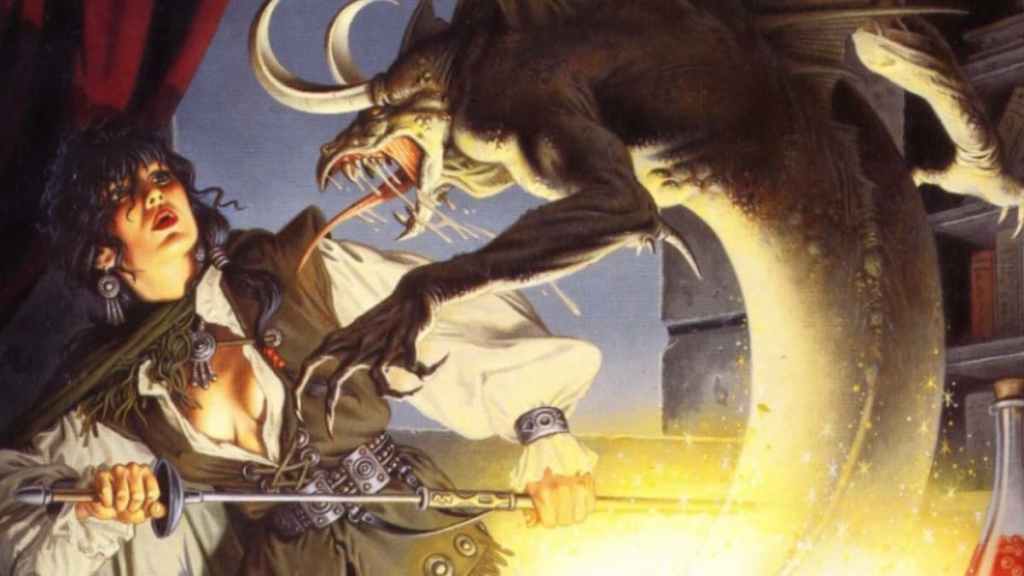
When creating a Warlock character in D&D 5E, it helps to discuss your Otherworldly Patron choice with your DM beforehand. This will give your DM a chance to use an established figure from the campaign to better tie you into the story. It also helps to develop ideas about why your character would make the deal and why the patron would accept it. Ultimately, these creatures are residents of a higher plane of existence, and their motives don’t need to make sense, but it’s fun to think of reasons why you were offered your power.
The DM can also find ways to incorporate your patron into the campaign. The idea of your Warlock being torn between their loyalty to their party and to the entity that gives them power would offer all kinds of fun roleplaying opportunities, especially if the patron turns out to be a villain in the campaign that needs to be stopped. The DM might refuse your ideas, as they might not fit into their vision for the campaign, but you should at least express any thoughts you have.
Easy Character Race Choices for the D&D Warlock
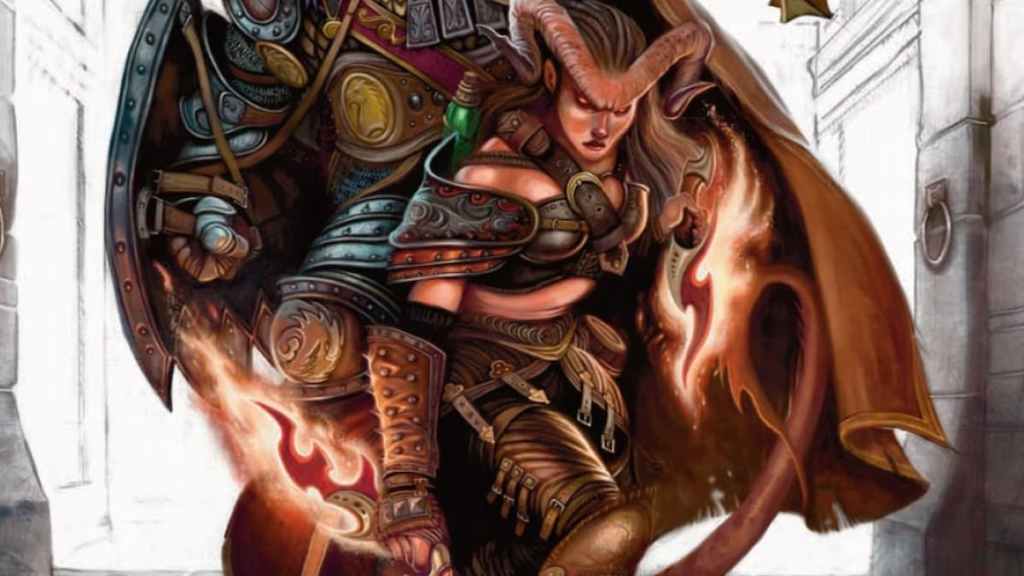
The Warlock’s main stat is Charisma, as it’s used for spellcasting modifiers. If you’re using the Player’s Handbook, the best races to select are the drow elf, half-elf, lightfoot halfling, human, dragonborn, and tieflings, as they all get a Charisma bonus. Bear in mind that drow elves and tieflings aren’t always treated well, depending on the setting, due to their connection to the forces of evil.
If you’re using the Tasha’s Cauldron of Everything race rules, then feel free to select any race you desire, as you can put +2 into Charisma, regardless of your choice. With that out of the way, the flying races (like the fairy or owlin) are a great choice, as you can stay out of harm’s way, while spells that grand additional cantrips and spells (like the high elf and tiefling) can boost your arsenal with some much-needed options.
Best D&D Warlock Spells & Combos to Use
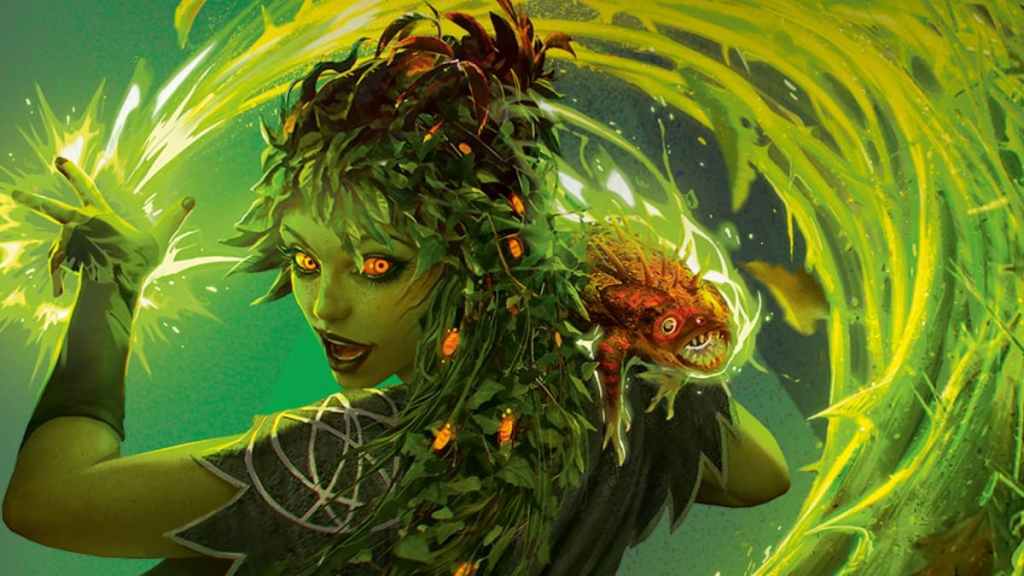
Regarding spells, D&D Warlocks only get a couple of slots, and those run out quickly. They do have some advantages when it comes to magic, as Warlock spell slots restore upon either a short or long rest, giving them more opportunities to restore their lost spells on longer adventures. Warlock spell slots are also naturally cast at a higher level without needing to expend more powerful slots.
These are the best Cantrips for the Warlock to select:
- Eldritch Blast – If you only follow one piece of advice from this article, PICK ELDRITCH BLAST AND DON’T LOOK BACK. It’s the best offensive Cantrip in D&D 5E, as it deals 1d10 Force damage (a rarely resisted element), you can fire more shots as you level up, and you have access to class abilities that make it stronger.
- True Strike – This grants Advantage on the next attack you make against a target within the space of a minute, making it the perfect setup for Eldritch Blast.
- Prestidigitation – You’re not going to be casting many spells, so having one with a ton of utility (even if it’s very minor) can at least give you some options outside of hitting things with Eldritch Blast.
The best level 1 Warlock spells are:
- Hex – After Eldritch Blast, YOUR NEXT CHOICE SHOULD BE HEX! This is because Hex lets you add extra damage when hitting a target with a spell, and the fact that it has a casting time of Bonus Action means it can be used in the same turn as Eldritch Blast. In fact, this combo is so popular that One D&D is giving it to Warlocks for free.
- Arms of Hadar – A great “keep away” spell that damages enemies in a 10ft range if they fail a save while robbing them of their Reaction, allowing you to run away without provoking Attacks of Opportunity.
- Armor of Agathys – This spell provides an extra five temporary hit points, which turn into five points of cold damage towards an enemy if they hit you with a melee attack. Also, the number of hit points/cold damage increases as you level up due to the slot progression Warlock feature.
The best level 2 Warlock spells are:
- Misty Step – It lets you teleport 30ft away and can be used in the same turn as Eldritch Blast.
- Invisibility – The best level 2 spell in the game and one that lets you get the drop on your opponent or get out of dodge without being seen.
- Shatter – A powerful AoE spell that lets you deal with groups of weaker enemies.
The best level 3 Warlock spells are:
- Hunger of Hadar – A great class-exclusive spell that lets you deal damage and blind enemies within its effect.
- Dispel Magic – One of the best spells in the game due to how it can remove buffs and debuffs on allies and enemies alike.
- Fly – Even if you can fly yourself, giving the ability of flight to someone who doesn’t have it can help them perform better in combat and easily avoid environmental hazards you can encounter in dungeons.
Best D&D Warlock Eldritch Invocations to Choose
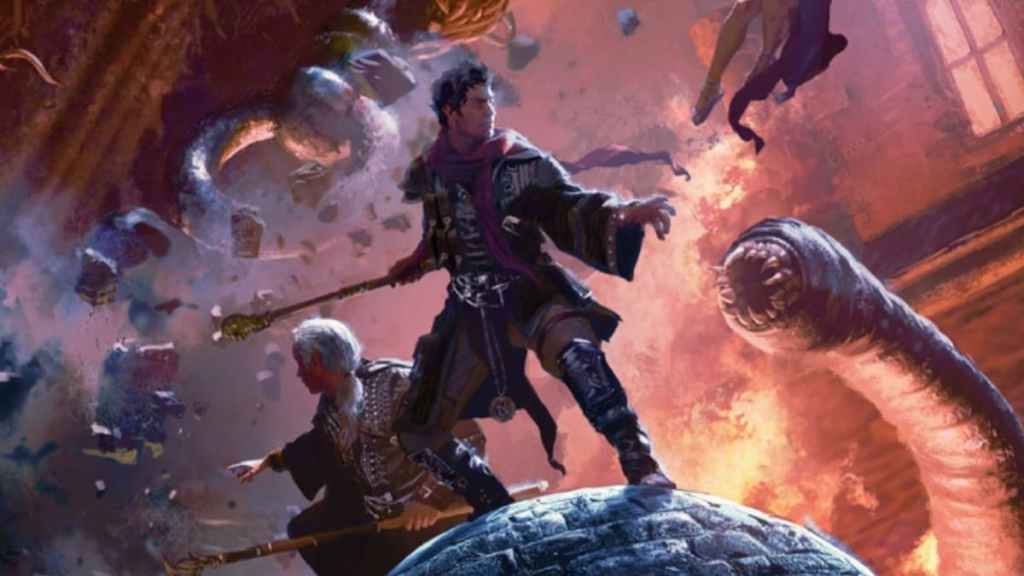
When a Warlock reaches level 2, they select two Eldritch Invocations. These are special powers that supplement your paltry spellcasting abilities, and the best ones for you to select are:
- Agonizing Blast – This adds your Charisma modifier to Eldritch Blast damage, making it a potent addition to your arsenal.
- One With The Shadows – You can’t select this until level 5, but it lets you become invisible in dim light/darkness by standing still, which is an excellent stealth ability, as most adventurers hang around in dark places.
- Eldritch Sight – Detect Magic is an incredibly useful spell, but it burns a level 1 slot and lasts only ten minutes. If you select Eldritch Sight, you can have it switched on whenever you like.
- Misty Visions – Silent Image is also a useful spell with a lot of utility, but it requires a level 1 spell slot. If you select Misty Visions, you can use it whenever you wish.
- Repelling Blast – If you hit an enemy with Eldritch Blast, you push them 10ft away. If you hit them with multiple Eldritch Blast attacks, the effect stacks, allowing you to keep enemies away from you and manipulate their movement options.
How to Use the D&D Warlock’s Pact Boon
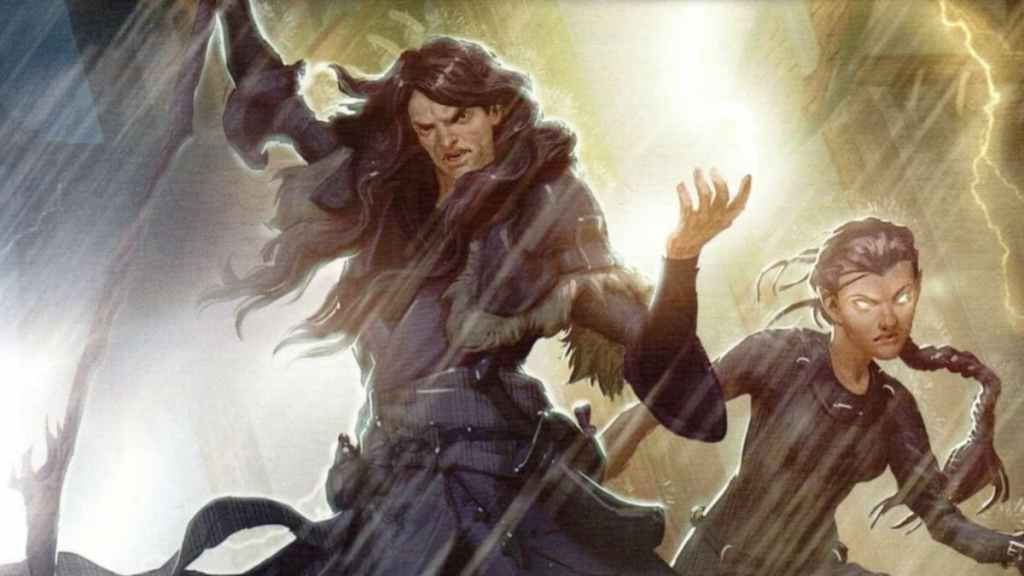
When the Warlock reaches level 3, their patron gives them a gift: a Pact Boon. The player can choose between the Pact of the Chain, Pact of the Blade, and Pact of the Tome, all of which have their own benefits:
- Pact of the Chain – This feature lets you cast Find Familiar as a ritual whenever you wish, so long as you have the time to cast it. You can also forego your Attack action to let your familiar attack, which is good for recon/assassination missions. Select Pact of the Chain if you want a magical spy at your beck and call, who you can summon again if they die.
- Pact of the Blade – This feature lets you conjure a magical weapon at all times, which is a good choice if you want to eschew the Eldritch Blast route and try something different. Select Pact of the Blade if you want to try a warrior Warlock build or are really paranoid about your character getting captured.
- Pact of the Tome – This feature lets you add three Cantrips from any class list to your selection. Select Pact of the Tome if you want to add class-exclusive Cantrips like Vicious Mockery, Spare the Dying, Shillelagh, and Thorn Whip to your list.
Which D&D Warlock Subclass Should You Pick?
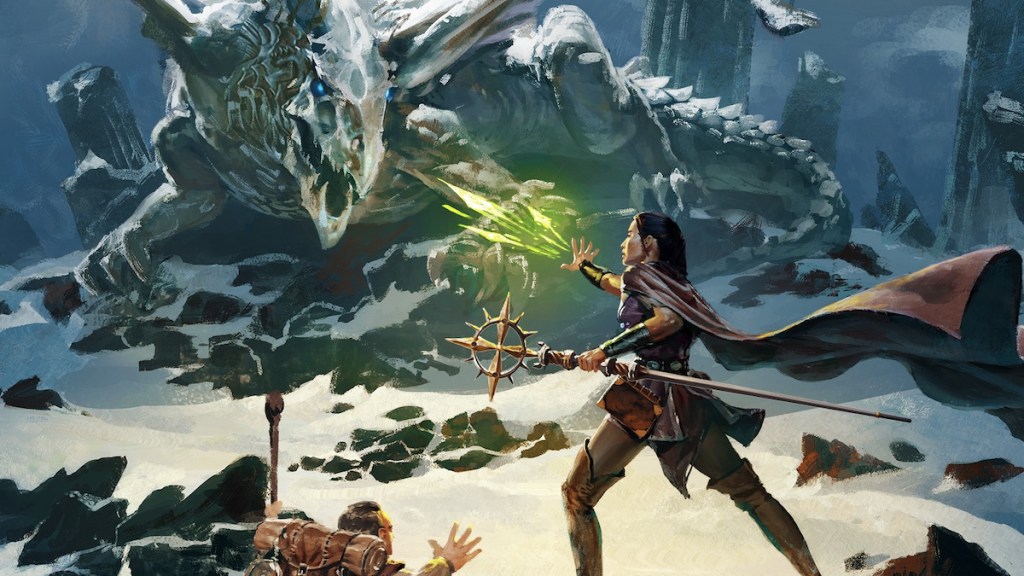
The Warlock selects their subclass at level 1 when they choose their Otherworldly Patron. The three options in the Player’s Handbook are The Archfey, The Fiend, and The Great Old One, all of which are powerful in their own way:
- The Archfey – Gives you a chance to add the awesome Faerie Fire and Sleep spells to your list, while their Fey Presence power is a great short-range AoE defense ability that can potentially charm and frighten foes, making it a lot easier for you to get away from them.
- The Fiend – Grants you some powerful offensive spells, with Scorching Ray and Fireball both added as potential spells for your list. The Fiend also gives you Dark One’s Blessing, giving you temporary hit points whenever you kill foes.
- The Great Old One – Gives you access to Tasha’s Hideous Laughter and Dissonant Whispers, as well as Awakened Mind, giving you a 30ft range of telepathic communication, which can be invaluable in stealth-based missions.
Related: D&D Players Split As Abundance of Magic “Cheapens” Class Fantasy
In many ways, the Warlock is the easiest of the arcane spellcasting classes to get to grips with, as they have the fewest spells to keep track of, and there are some standout choices for them to select. A lot of the Warlock abilities have infinite uses, making it a lot of fun to play with their powers without the other party members getting salty about you burning resources. Having a patron as part of the campaign can also give your DM some fun opportunities for roleplaying and world-building.

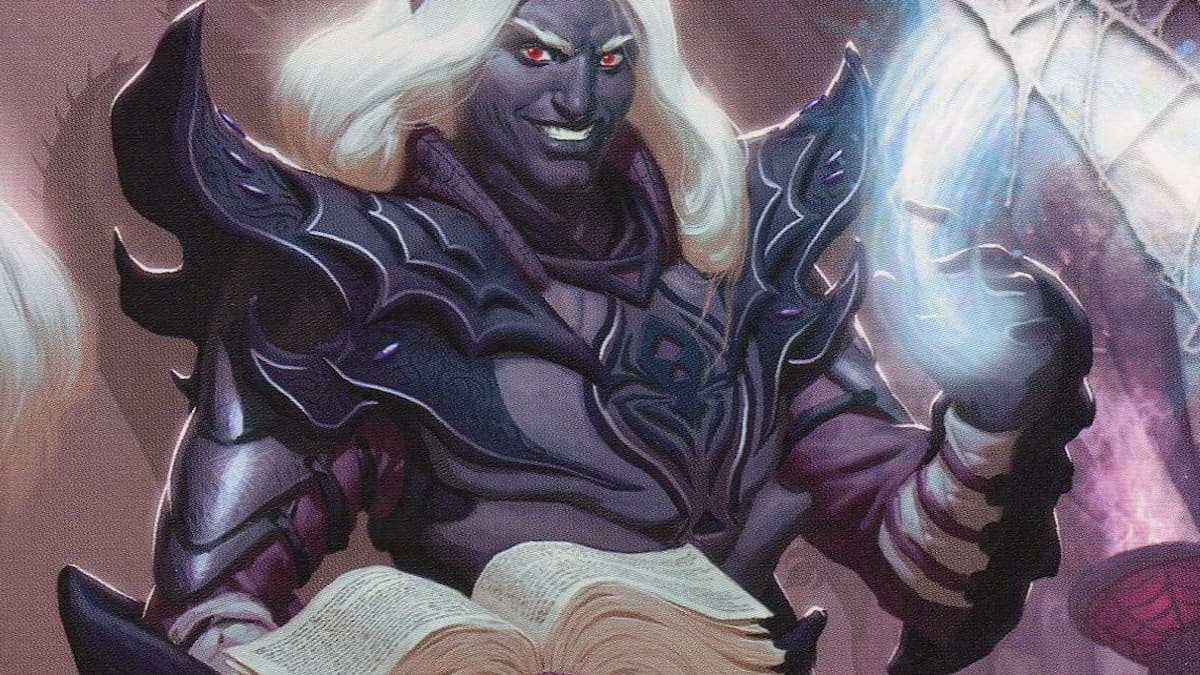
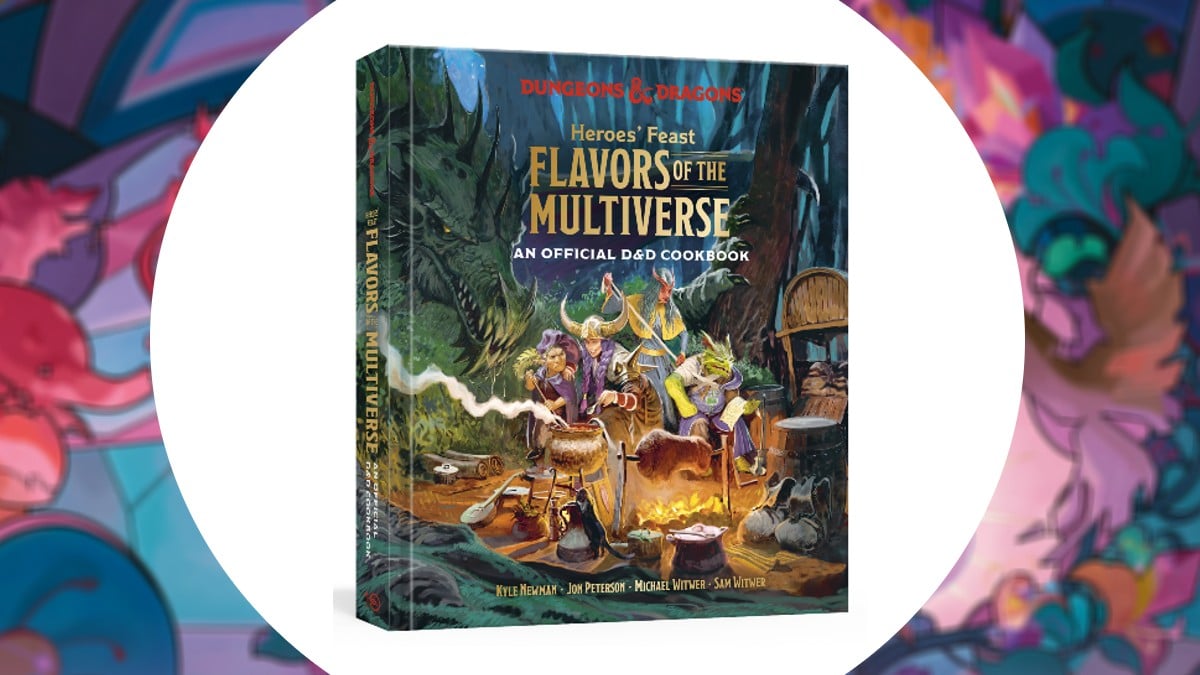
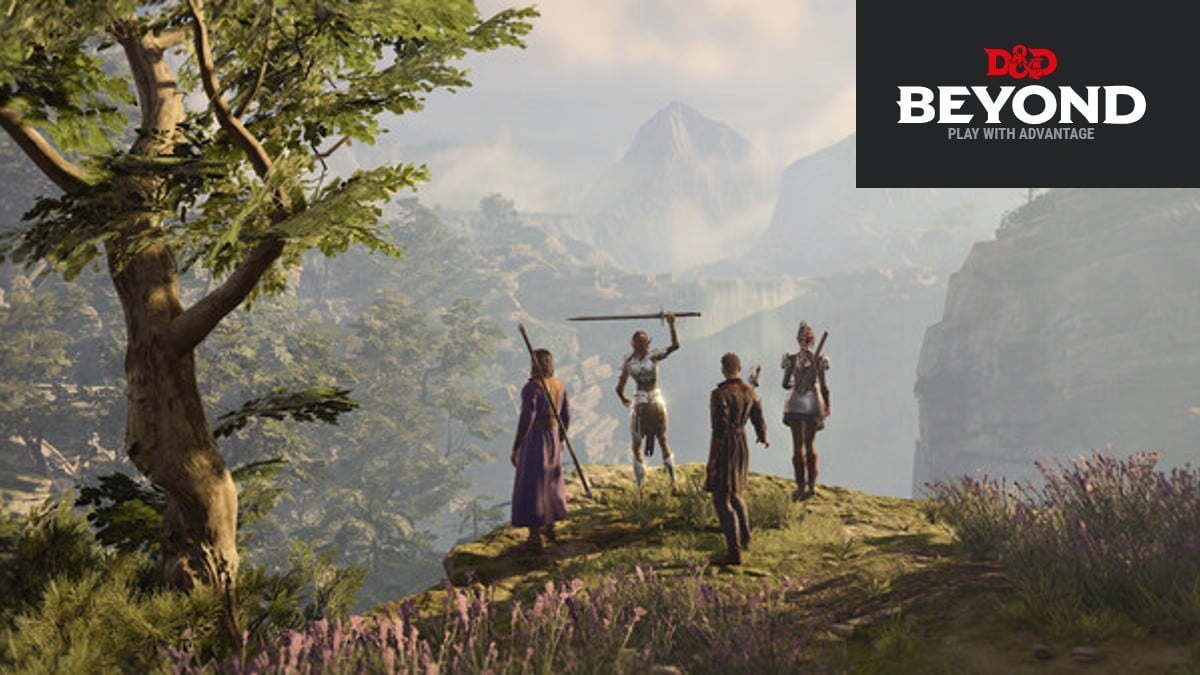
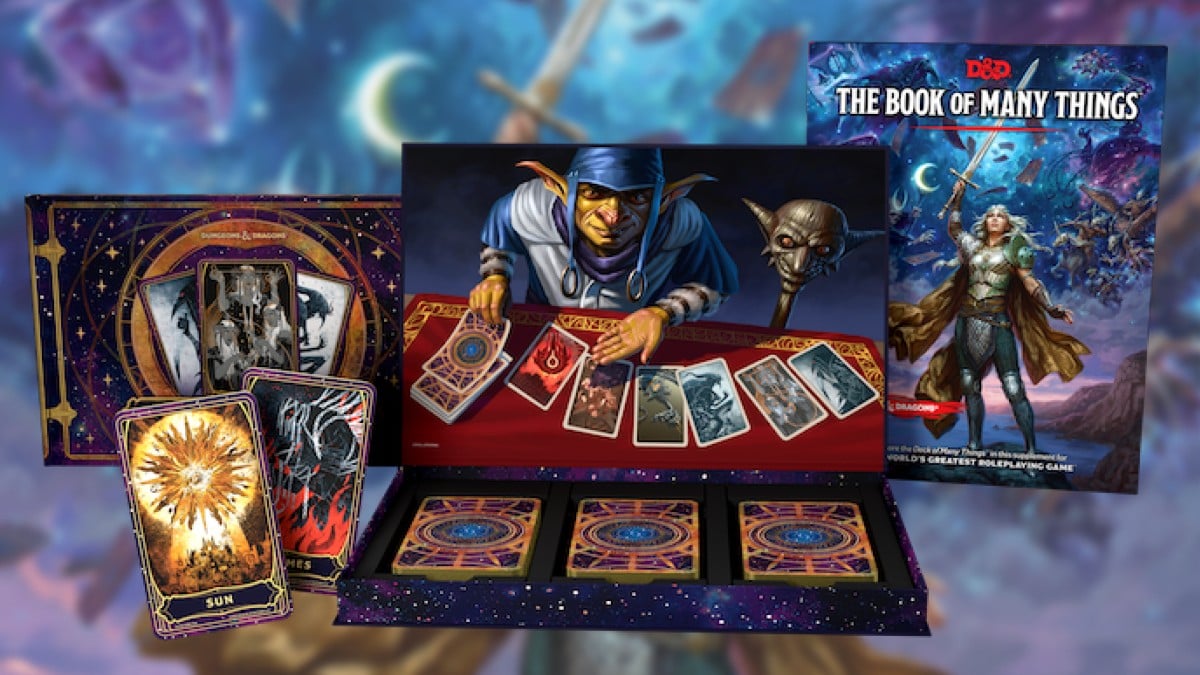
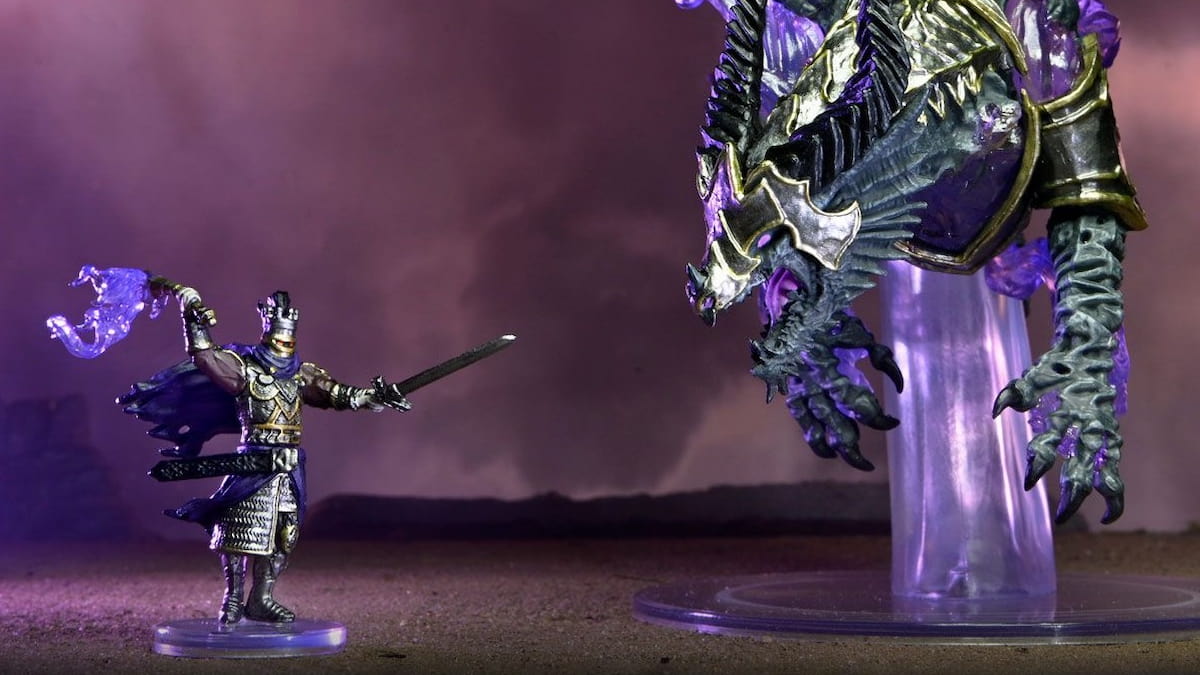
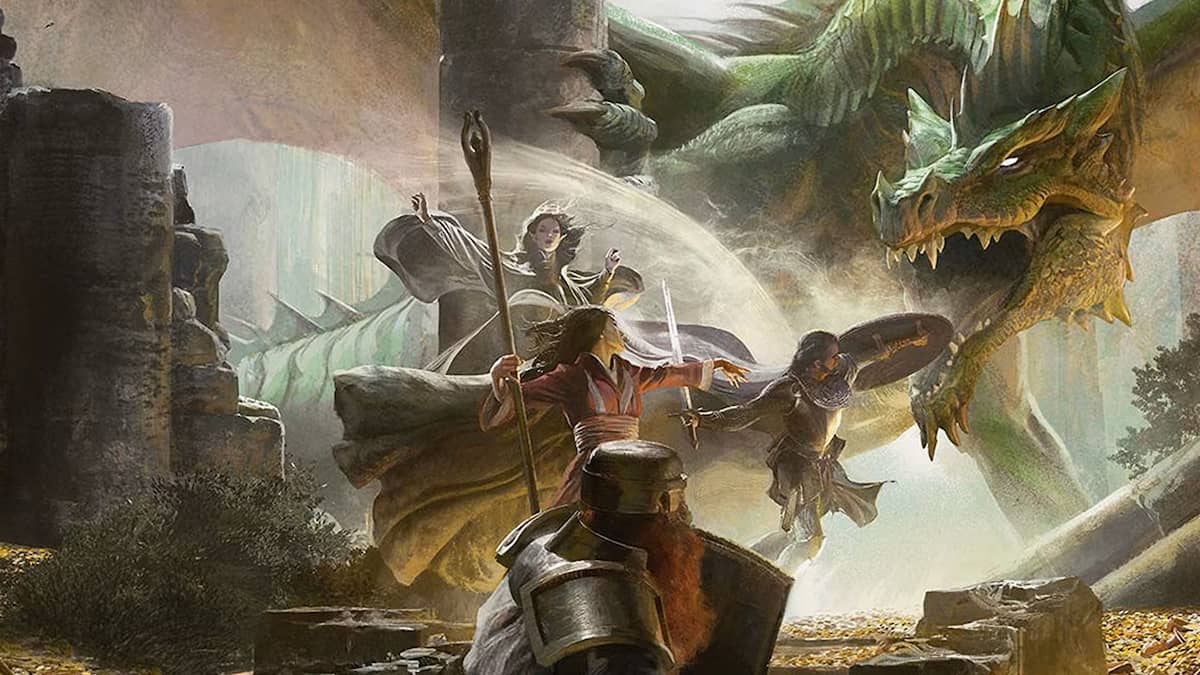
Published: Jul 17, 2023 01:03 am